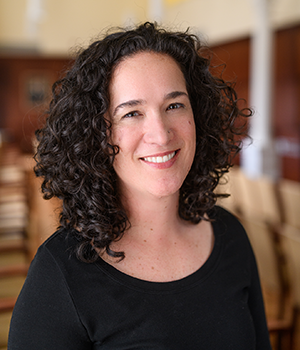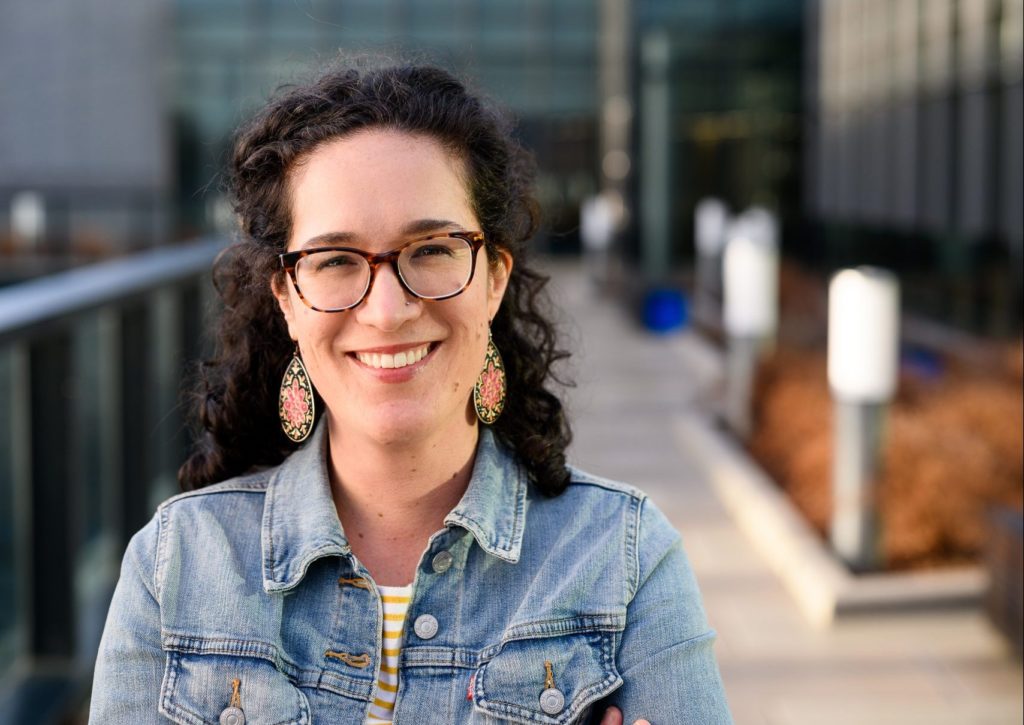
Natalie
Pope
Associate Professor & PhD Program Director
605 Patterson Office Tower
859-218-2768
Home College Directory Dr. Natalie Pope

Dr. Pope is drawn to understanding people’s lived experiences and the meaning people attribute to these experiences. Her passion for qualitative inquiry informs her scholarship and teaching in ways that include teaching/ mentoring students in qualitative methods and collaborating with colleagues on qualitative and mixed methods projects. Dr. Pope’s scholarship focuses on family caregiving across the lifespan, behavioral health of older adults, and planning for future care in aging families.


